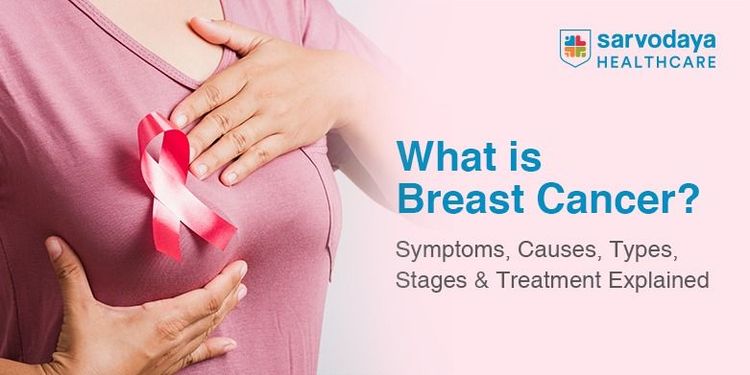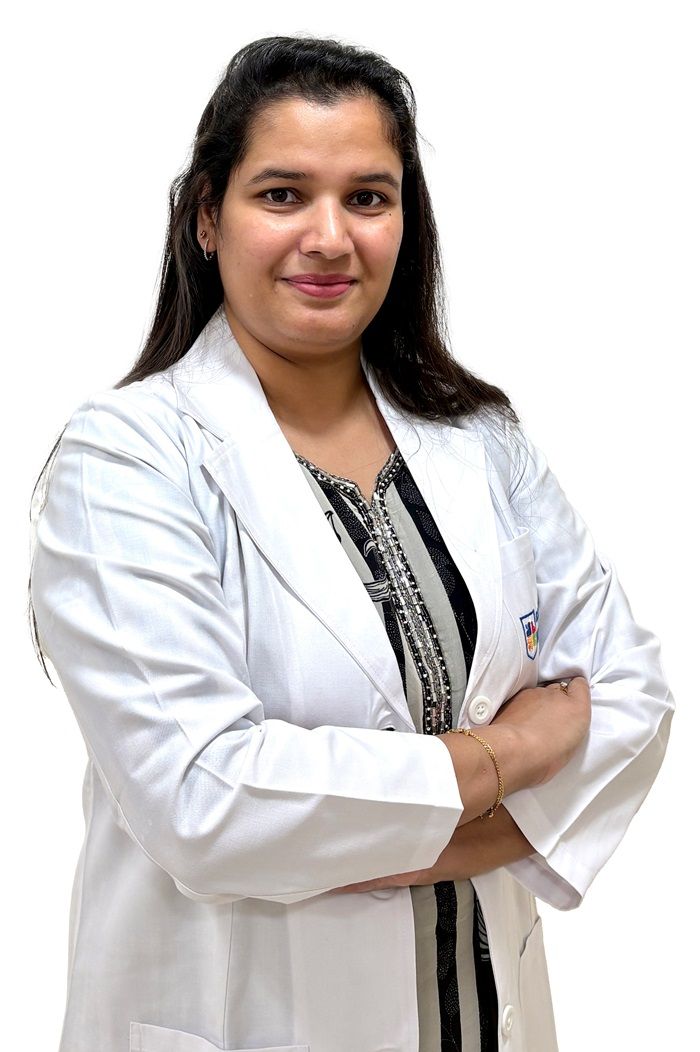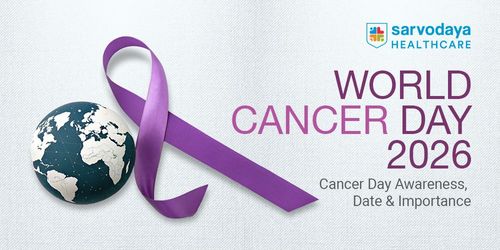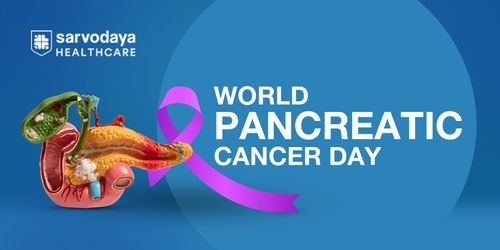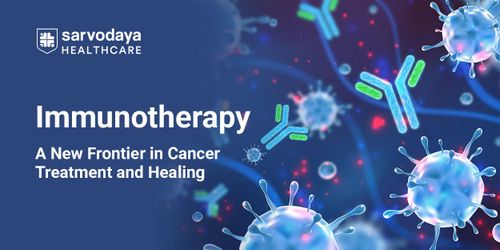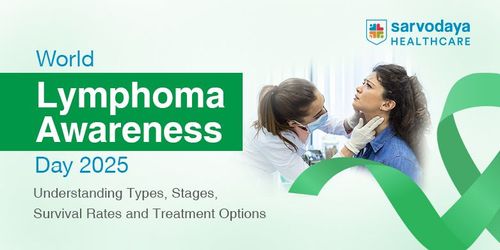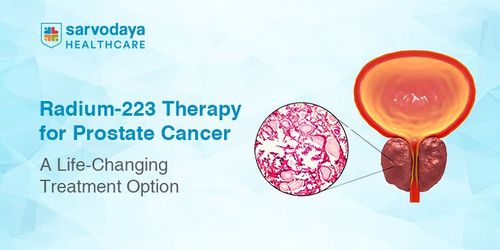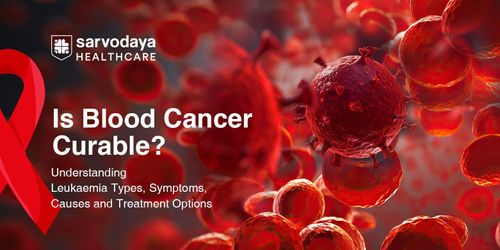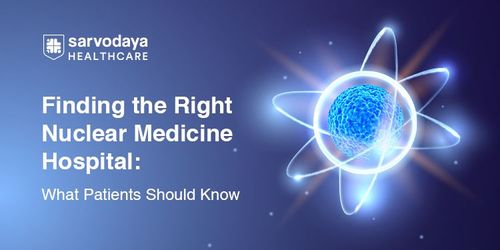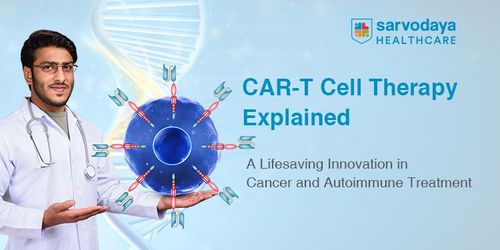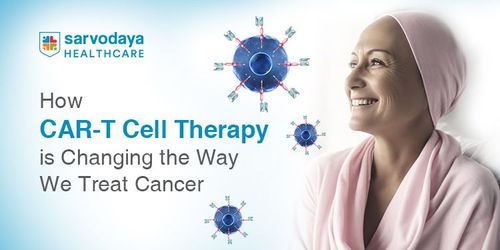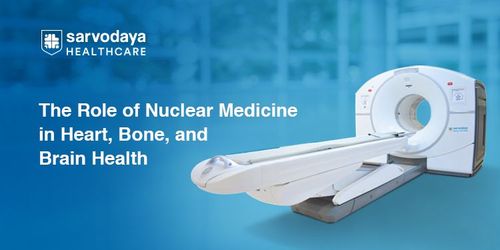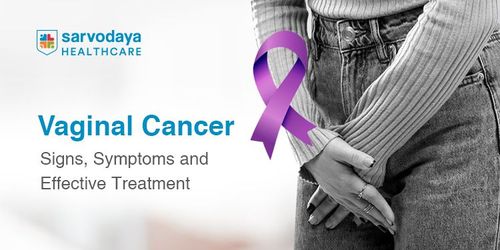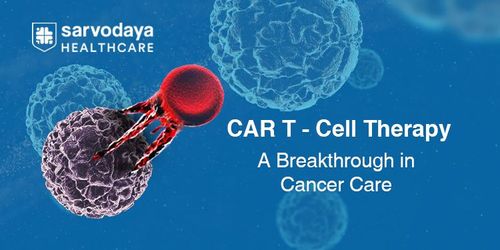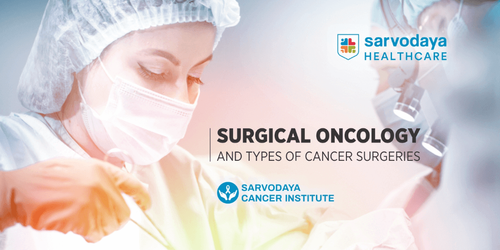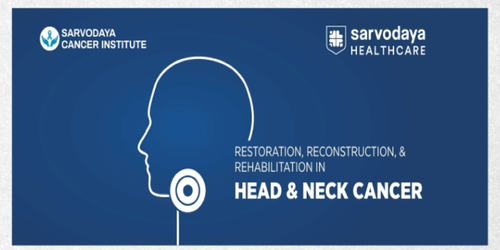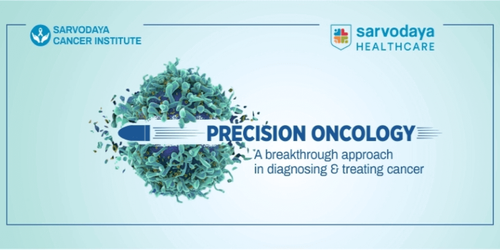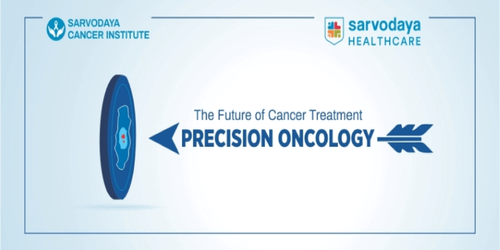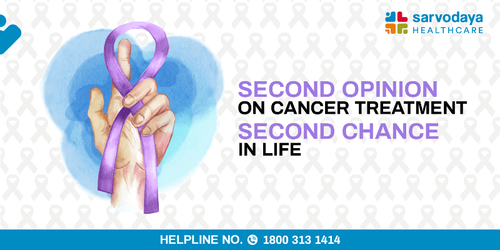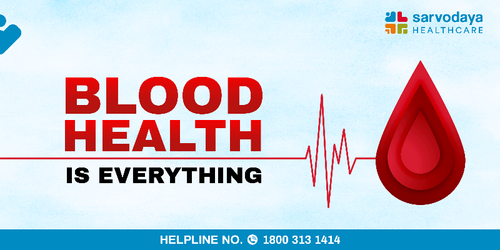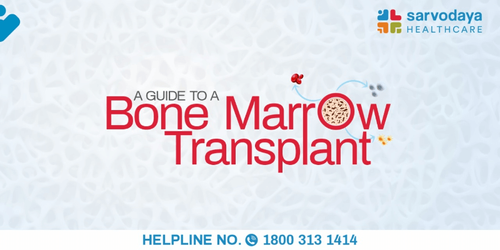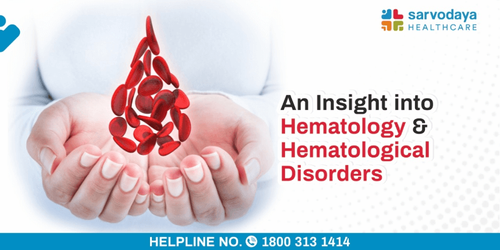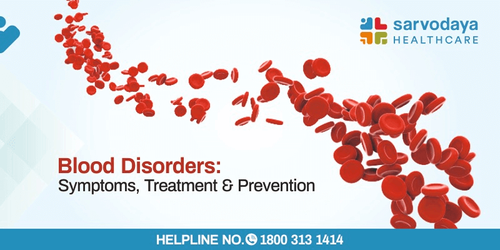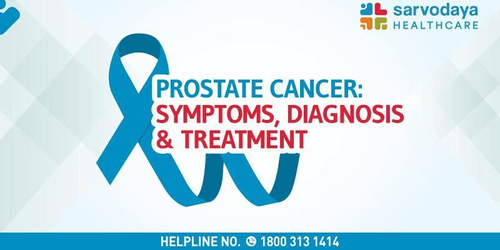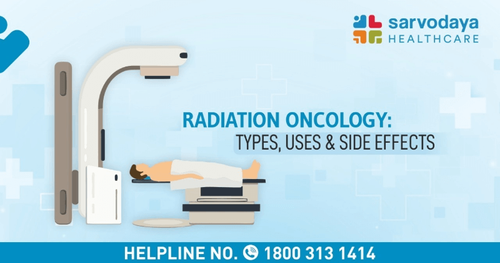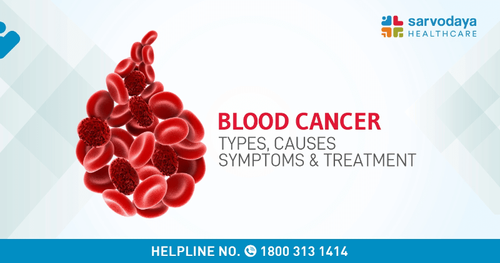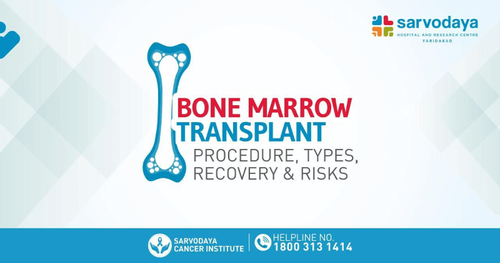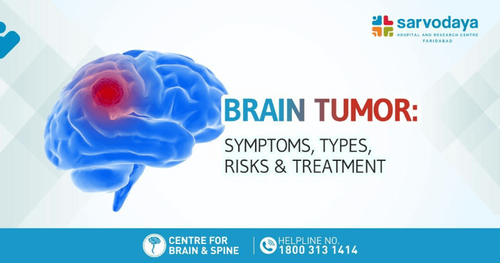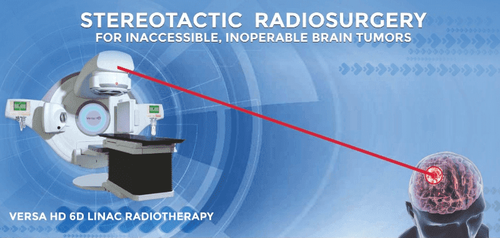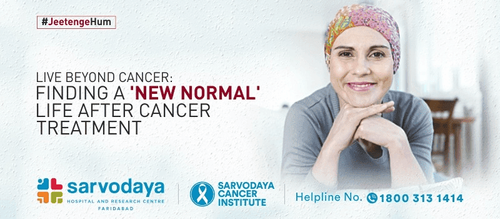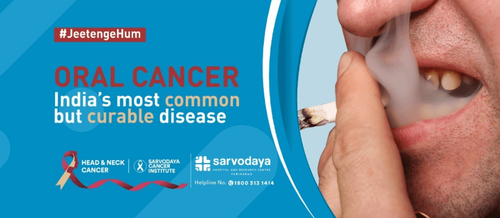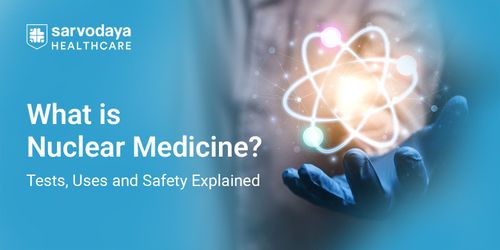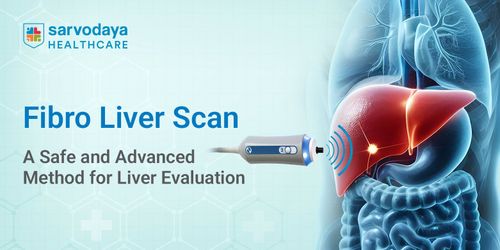Breast cancer is one of the most common cancers affecting women worldwide and remains a leading cause of mortality if not detected early. It occurs when abnormal cells grow uncontrollably in the breast tissue, leading to tumours that may spread to other parts of the body if untreated. While advances in research and treatment have made it more manageable, awareness and early detection are crucial to improving survival rates.
In this blog, we will explore what breast cancer is, its symptoms, causes, types, stages and treatment. We will also discuss the role of advanced hospitals and experienced oncologists in ensuring that patients receive the best possible care.
Exploring Breast Cancer
Breast cancer is defined as the uncontrolled growth of abnormal cells in the breast tissue that form a tumour. These cells can invade surrounding tissues and, in advanced cases, spread to distant body parts such as the bones, liver, lungs or brain.
Although it is most common among women, men can also develop breast cancer, although at a much lower rate. It is not a single disease but has many subtypes, which differ in how they grow, spread and respond to treatment.
Symptoms of Breast Cancer
Recognising the early symptoms of breast cancer is vital, as timely medical consultation can significantly improve the outcome of treatment. Symptoms may vary from one person to another, and in some cases, they may not appear until the disease has progressed.
The most common symptoms include:
- Presence of a lump in the breast or underarm area.
- Changes in the size, shape or appearance of the breast.
- Skin changes such as dimpling, redness, or scaling.
- Nipple changes include inversion, pain or discharge (sometimes blood).
- Persistent or unusual pain in the breast or nipple area.
Causes of Breast Cancer
The exact causes of breast cancer are not always known, but research has identified several risk factors that increase the likelihood of developing the disease. It is usually a combination of genetic, hormonal, and lifestyle factors contributing to its onset.
Some of the leading causes and risk factors are:
- Genetic Mutations: Inherited mutations in genes such as BRCA1 and BRCA2 significantly increase the risk.
- Family History: Women with a family history of breast cancer are at higher risk.
- Hormonal Factors: Early menstruation, late menopause, or hormone replacement therapy can influence risk.
- Lifestyle Choices: Smoking, alcohol consumption, lack of exercise and obesity are common contributors.
- Age and Gender: Risk increases with age, and women are more likely to develop breast cancer than men.
Consulting the best cancer hospital in Delhi NCR, ensures access to advanced diagnostic tools that can help detect the condition at an early stage.
Types of Breast Cancer
There are several types of breast cancer, and each type behaves differently in terms of growth, spread and response to treatment. Knowing the type is essential for doctors to design the right treatment plan.
The main types of breast cancer include:
- Invasive Ductal Carcinoma (IDC): The most common type, starting in the milk ducts and spreading to surrounding tissues.
- Invasive Lobular Carcinoma (ILC): Begins in the breast lobules and may spread to other parts of the body.
- Ductal Carcinoma in Situ (DCIS): A non-invasive type where abnormal cells are confined within the ducts.
- Triple-Negative Breast Cancer: An aggressive type that does not have hormone receptors or HER2 protein, making it harder to treat.
- HER2-Positive Breast Cancer: Characterised by excess HER2 protein, leading to faster cell growth, but often treatable with targeted therapies.
Stages of Breast Cancer
Breast cancer is classified into stages based on tumour size, lymph node involvement and whether it has spread to other organs. Determining the stages of breast cancer is a key step in developing an effective treatment plan.
The stages are generally categorised as:
- Stage 0: Non-invasive abnormal cells are confined within the breast ducts.
- Stage I: Small tumour limited to the breast with no or minimal spread to lymph nodes.
- Stage II: The tumour grows and may even spread to nearby lymph nodes.
- Stage III: More extensive spread to lymph nodes and surrounding tissues, but not distant organs.
- Stage IV: Advanced stage where cancer has spread to distant organs such as lungs, liver, bones or brain.
Knowing the stages of breast cancer not only helps doctors plan treatment but also gives patients a clear understanding of the severity of their condition and the importance of timely intervention.
Read More- 6 Myths About Breast Cancer, What are Some Common Misconceptions?
Treatment Options for Breast Cancer
There are several approaches to treating breast cancer, and the choice depends on the stage, type, and overall health of the patient. Modern medicine offers surgical and non-surgical options that may be combined for the best outcomes.
The primary treatments include:
- Breast Cancer Surgery: Removal of the tumour through lumpectomy (removal of only the tumour) or mastectomy (removal of the entire breast).
- Radiation Therapy: Cancer cells are targeted with high-energy rays to destroy them.
- Chemotherapy: The growth of cancer cells is slowed down or even killed with drugs.
- Hormone Therapy: Helps in cases where cancer is hormone receptor-positive by blocking the hormones that fuel growth.
- Targeted Therapy: Especially effective for HER2-positive cancers, focusing on specific proteins that drive tumour growth.
- Robotic Surgery for Breast Cancer Removal: A minimally invasive technique that uses robotic-assisted precision, leading to smaller incisions, reduced pain, faster healing and better cosmetic outcomes.
Conclusion
Breast cancer is a complex disease, but early awareness, regular screening and modern treatment options provide hope for thousands of patients each year. Understanding what breast cancer is, its symptoms, causes, types, stages and treatments empowers individuals to take preventive steps and seek medical care at the right time.
Sarvodaya Hospital, Faridabad, stands out as one of the best cancer hospitals in Faridabad. With a team of best oncologist in Delhi NCR, state-of-the-art facilities and personalised care programmes, the hospital offers world-class treatment. Sarvodaya Hospital also offers robotic surgery for breast cancer removal, a cutting-edge technique that ensures greater precision, smaller incisions, faster recovery and improved cosmetic outcomes. This advanced approach reduces pain, minimises complications, and helps patients regain confidence and quality of life more quickly. Whether you require advanced diagnostics, surgical expertise or preventive consultation, Sarvodaya Hospital provides holistic care that focuses on medical and emotional recovery.
Book an appointment now to get the disease diagnosed early and ensure the best outcomes. Breast cancer may be challenging, but with awareness and timely action, patients can lead healthy lives.
Our Expert avaialable here also:


